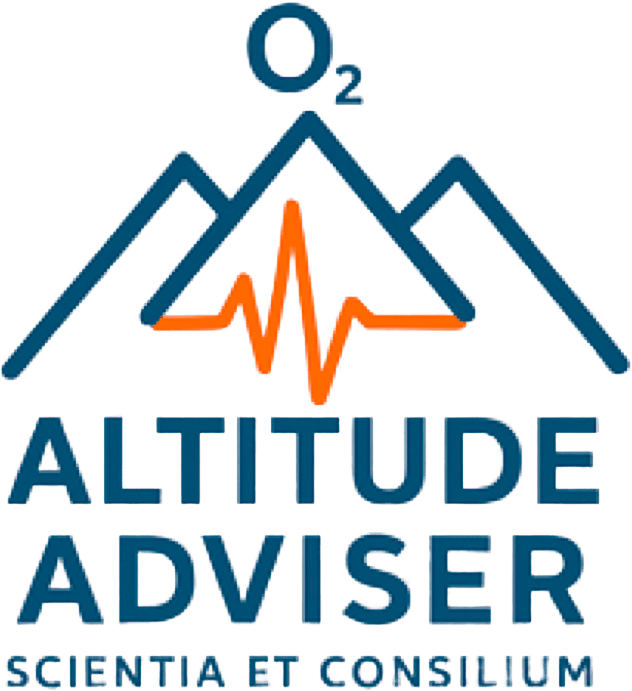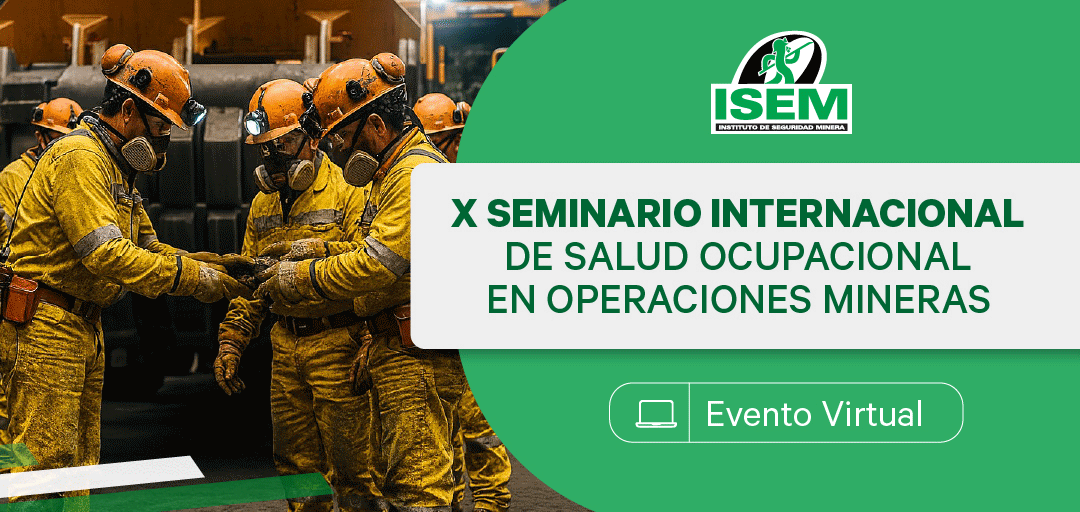Science, Advice and Interaction
Who We Are
What We Do
Profesor Prof. Ginés Viscor
from the Faculty of Physiology of the University of Barcelona, Spain
The organizers of the Altitude Advisors, Dr. Patricia Siques and Dr. Julio Brito have had a long and close collaboration for years with Professor Viscor, since he organized the World Congress of Altitude Medicine of the International Society of Mountain Medicine (ISMM), in the city of Barcelona in the 90s and joint projects in which 2 CYTED projects stand out.
Professor Ginés Viscor, a prominent professor at the University of Barcelona Spain, publishes on the blog a summary of the scientific knowledge on nutrition and metabolism at high altitudes and how to apply it to the practical context of high mountain mountaineering , a topic of great importance for the knowledge of mountaineers and guides, which is the product of an article on this topic, which you can also review.
Participation in the 10th International Seminar on Occupational Health
Doctors Patricia Siques and Julio Brito, from CEIMA and Asesores de Altura, will participate as speakers in the 10th International Seminar on Occupational Health in Mining Operations.
Who we are
We are all of us, those of us who are interested in science, in advice, in interaction, and those of us who are exposed to this condition of working or traveling at high altitude.
The mission of High Altitude Advisors is to interact with the scientific community, workers, tourists, and permanent high-altitude residents to share knowledge.
The Altitude Advisors aim is to be a space that fosters interaction through a website and a blog hosted on it, sharing scientific news and the concerns of all interested parties, without distinction, in order to share knowledge about the effects that altitude has on human health and performance.
Our goal is to be an open and accessible meeting place for everyone, from scientists to people who live or work in the mountains, helping to understand and prevent the risks of altitude and promoting well-being in these environments.
This website will contain a blog to spread knowledge and interact with those interested in the topic and improve or advise them for their well-being.
Altitude Advisors is an initiative of professors Dr. Patricia Siques and Dr. Julio Brito, with over 30 years of experience dedicated to research on altitude exposure, collaborating with and interacting with experts and the interested public.
With years of experience working in high-altitude environments—from sea level to high altitudes—they advise workers exposed to changes, mountaineers, tourists, athletes, and professionals who face chronic, intermittent exposure to altitude. Their approach combines scientific knowledge, practical experience, interaction, and personalized advice to help prevent risks due to hypoxia, altitude sickness, physiological stress, and cardiovascular disorders. They also work on acclimatization strategies, safety, and health advice to reduce complications during prolonged or variable exposure to high altitudes.
The subjects will be Altitude Advisors, health at altitude, risks of exposure to altitude, science and knowledge, science and advice, science applied to altitude, intermittent hypoxia, intermittent altitude, chronic intermittent altitude, acute exposure, mountain medicine, exposure to altitude, workers at altitude, physiological impact of altitude, adaptation to altitude, prevention of altitude sickness, advice on health at altitude, tourism at altitude in collaboration with universities in Latin America and Europe, cardiovascular health, oxidative stress, etc. The tools for this will be reinforced with online courses, for example.
Science, tips and interaction
Specialized training and consulting
We offer a wide range of services designed to meet the needs of different audiences. Through our blog and website, we share up-to-date articles, exclusive interviews with experts, practical guides for workers and travelers at altitude, and downloadable resources for professionals and organizations.
Our mission is to go beyond information. We collaborate on research projects and offer consulting services to organizations seeking to optimize the well-being and productivity of their teams in high-altitude environments.
We could also offer courses and workshops tailored to the specific needs of institutions.
Evidence-based knowledge for all
Our team of experts has dedicated their professional lives to research, prevention, and training related to altitude. For all those exposed to or living at high altitude, whether for work or sport, at Altitude Advisors you'll find the information and support you need.
Our experience allows us to offer a unique and practical perspective on how the human body responds to reduced oxygen bioavailability and how to mitigate the risks. Through our work, we seek to demystify misconceptions about altitude and provide effective tools so anyone can adapt and thrive in these environments. We invite you to explore our website, read our blog, and join our community. Together, we can build a safer and healthier future at altitude.
Blog Entries

Practical summary for mountaineers of nutrition on expeditions.
Prof. Ginés Viscor
In an article, entitled "Nutrition and Hydration for High-Altitude Alpinism", the authors provide us with a narrative review of the existing scientific evidence on nutrition, metabolism and hydration in the context of extreme mountaineering and try to transfer this knowledge to the real practice of high-altitude mountain sports. The text underlines the differences between the usual recommendations in endurance sports at sea level and the specific needs that arise during alpine expeditions, especially in ascents in pure alpine style and without supplementary oxygen.
Main aspects
- The high mountain environment implies conditions of severe hypoxia, low temperatures, complex logistics and sometimes insurmountable limitations in the availability and conservation of fresh food.
- The energy expenditure on expeditions to high altitudes can range from 3250 to more than 5500 kcal/day, varying according to the altitude, duration, and style of the ascent.
- Maximum aerobic capacity is progressively reduced as you ascend, making physical performance even more difficult.
Nutritional and physiological recommendations
- At altitude, there is a metabolic preference for the use of carbohydrates as an energy source, as they are more efficient in terms of oxygen consumption than fats.
- The article recommends prioritizing carbohydrate intake and adjusting the quantity and quality of protein, suggesting a minimum of 1.3 to 2 g/kg/day of protein, as long as it does not compromise total energy intake.
- Difficulties are observed in achieving an adequate energy balance, given altitude-induced anorexia and habitual gastrointestinal discomfort, which leads to a significant loss of lean body mass and fat, especially above 5000 m.
- Practical recommendations vary by phase of the expedition (trekking, base camp, high camp, summit day) and include strategies on energy-dense food selection, frequent hydration, supplement use, and logistical adaptations.
Conclusion
The article concludes that the available evidence on nutrition in extreme mountaineering is limited by logistical and experimental difficulties, so recommendations should be customized according to the actual context of each expedition. It is essential to prioritize carbohydrate intake, maintain protein balance and ensure adequate hydration; Even so, the energy balance is usually negative. It highlights the need for more research on the specific macro and micronutrient requirements, as well as on the efficacy of supplements at altitude.
Department of Cell Biology, Physiology and Immunology
Barcelona,SPAIN
Review
This fortnight, Dr. Eduardo Peña Ortiz, director of the Altitude Medicine Research Center, is interviewed as expert ; CEIMA, which is at the Arturo Prat University, in Iquique, Chile
This Center was born from the Institute of Health in 1995, studying the effects of intermittent chronic exposure to altitude
Discover clear and effective solutions with science, advice, and interaction about altitude with Altitude Advisors.




